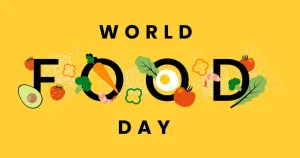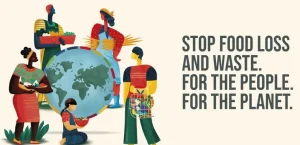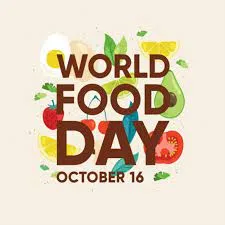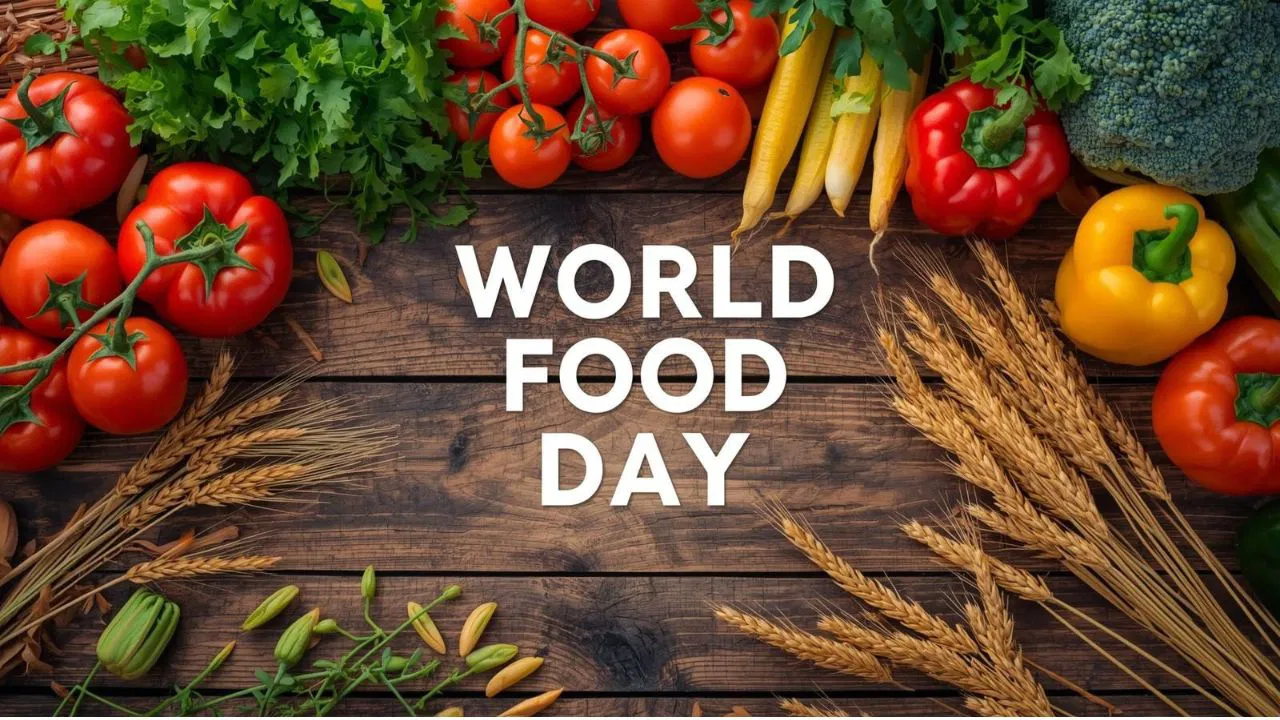Every year on October 16, the world pauses to celebrate World Food Day — not with feasts, but with reflection. It’s a day to remind ourselves that while many of us never think twice about our next meal, millions still go to bed hungry. Born in 1945 with the founding of the UN’s Food and Agriculture Organization (FAO), this day carries a powerful message: food isn’t a privilege — it’s a basic human right.
The idea behind World Food Day is beautifully simple — everyone, everywhere, should have access to safe and nutritious food. But making that idea a reality is anything but simple. Because even in a world that produces enough food to feed everyone, hunger stubbornly persists.
It’s one of humanity’s greatest ironies — we have more than enough, yet so many have so little. Over 735 million people around the globe still face chronic hunger. Behind every number is a face: a farmer watching his crops dry out, a mother skipping meals so her children can eat, a child struggling to study on an empty stomach.

A World Out of Balance
The reasons for this imbalance are complex — climate change, conflict, and food waste form a triple threat that’s putting our global food system under immense pressure.
Let’s start with climate change. Farmers, especially in developing nations, are the first to feel its sting. Scorching heat, unpredictable rains, and flash floods are wiping out crops and livestock, leaving rural communities with nothing to harvest and nothing to sell. Imagine working the same land your family has farmed for generations, only to watch it crack and crumble under a sun that won’t relent.
Then there’s conflict — wars that destroy farmlands, disrupt supply chains, and drive families from their homes. In war-torn regions, food is no longer nourishment; it becomes a weapon, a bargaining chip for survival.
And the most heartbreaking irony? One-third of all food produced globally is wasted. Perfectly good grains rot in warehouses, fruits are discarded for not being “pretty” enough, and leftovers fill landfills while people go hungry nearby. If food waste were a country, it would be the third-largest contributor to greenhouse gas emissions. It’s a cruel reminder that hunger isn’t caused by scarcity — it’s caused by neglect.

Every Choice Matters
The good news? We’re not powerless. From the fields to our forks, every choice we make has the power to shape a fairer, greener food system.
Buying from local farmers supports communities and reduces the carbon footprint of food transport. Choosing seasonal produce means eating what the earth naturally provides, without overburdening it. Even small acts — like finishing what’s on your plate, composting leftovers, or thinking twice before tossing food — can make a difference.
It’s not just about charity; it’s about responsibility. The food we eat connects us — to farmers, to the planet, and to each other. As consumers, we can demand better practices and fairer policies. As citizens, we can support initiatives that make healthy food accessible to everyone.



